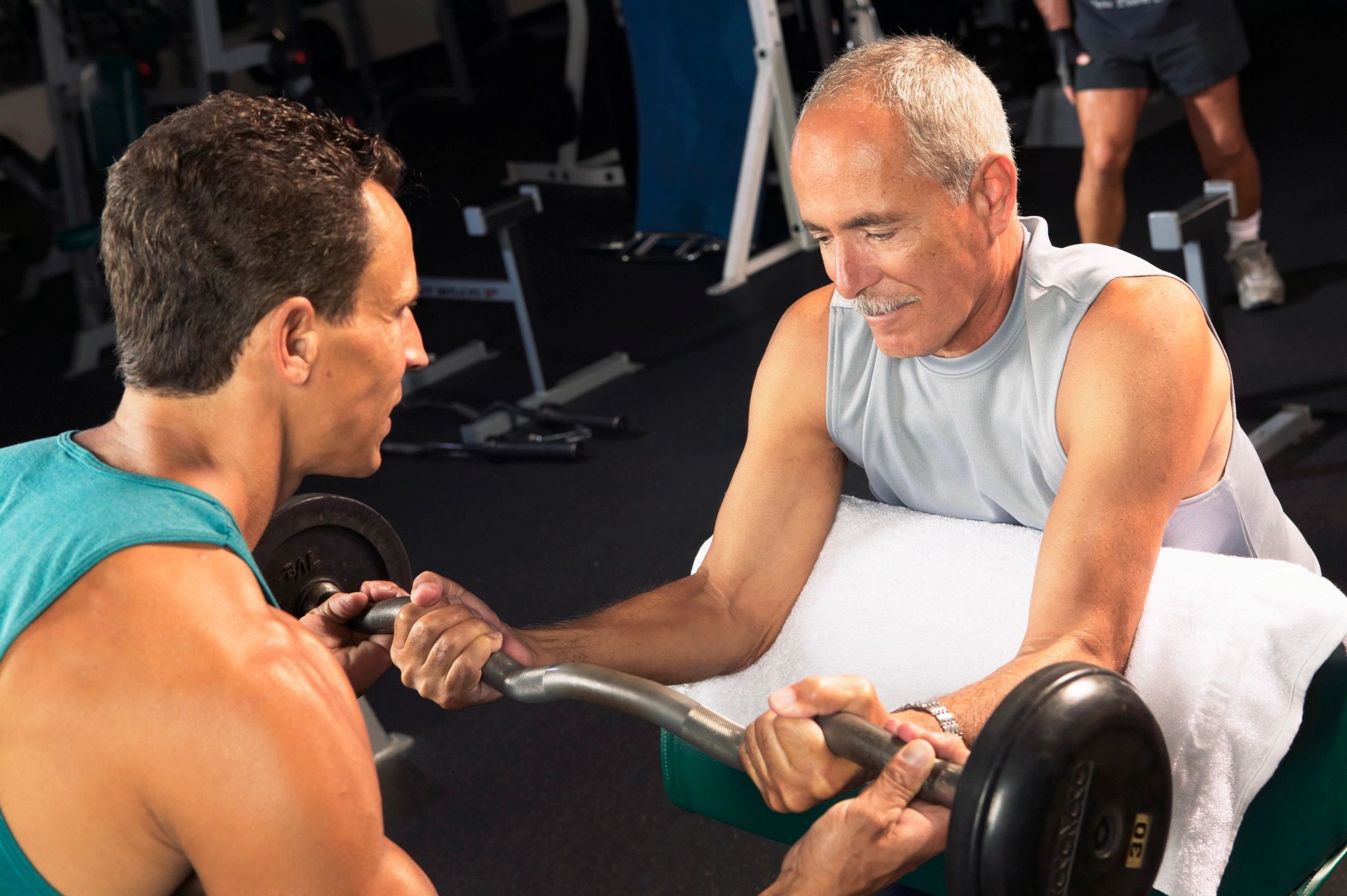
Peptide therapy has emerged as a groundbreaking approach to boosting muscle growth, improving athletic performance, and speeding up recovery after physical exertion. Peptides, which are short chains of amino acids, play an essential role in various physiological processes within the body. They act as signaling molecules, instructing cells on how to function and repair themselves. When used in a targeted and effective manner, peptides can unlock significant benefits for fitness enthusiasts, professional athletes, and individuals recovering from injuries. This therapy has gained increasing attention in recent years due to its scientific foundation and potential to transform how we approach fitness and recovery.
How Peptides Stimulate Muscle Development
Certain peptides are known to stimulate the natural production of growth hormones, which are essential for building and maintaining muscle tissue. Growth Hormone Releasing Peptides (GHRPs) and Growth Hormone Releasing Hormones (GHRHs) are among the most commonly used peptides for this purpose. These peptides work by triggering the release of human growth hormone (HGH) from the pituitary gland, a crucial process for muscle growth and repair. HGH promotes protein synthesis, a key mechanism for building muscle mass, while simultaneously reducing muscle breakdown, ensuring net muscle gain.
Peptides like GHRPs and GHRHs can also improve the body’s ability to utilize nutrients, ensuring that proteins, carbs, and fats are effectively converted into energy and building blocks for muscle tissue. This makes them particularly attractive for bodybuilders and athletes who are looking to maximize their muscle-building potential in a shorter timeframe. Additionally, these peptides can help maintain lean body mass while reducing fat, further enhancing physical appearance and performance.
Enhancing Athletic Performance with Peptides
Athletic performance relies on a combination of strength, endurance, stamina, and recovery. Peptides offer a unique advantage by addressing all these aspects simultaneously. For example, Insulin-like Growth Factor 1 (IGF-1) is a peptide that enhances cell repair and regeneration, ensuring that muscles remain strong and resilient during intense training. IGF-1 also supports bone density and joint health, which are critical for athletes engaged in repetitive high-impact activities. Moreover, peptides that improve blood flow—such as Vasoactive Intestinal Peptide (VIP)—help deliver vital oxygen and nutrients to working muscles during exercise. This leads to better endurance and stamina, allowing athletes to push their limits and achieve personal bests. For sprinters, marathon runners, and other endurance-focused athletes, these peptides can make a measurable difference in performance outcomes. Some peptides also help the body adapt to high levels of stress caused by rigorous training, reducing the likelihood of overtraining syndrome—a condition that can hinder athletic progress and lead to fatigue. By optimizing how the body responds to physical stress, peptides provide athletes with the tools they need to sustain high performance over time.
Accelerating Recovery After Exercise
One of the most impressive benefits of peptide therapy is its ability to accelerate recovery following strenuous workouts or injuries. After intense exercise, muscles often experience microtears, inflammation, and soreness. Peptides like Thymosin Beta-4 and BPC-157 (Body Protection Compound-157) have been shown to promote tissue repair, reduce inflammation, and enhance overall healing processes.
BPC-157, derived from protective proteins in the stomach, is particularly effective at targeting areas of injury, such as tendons, ligaments, and joints. It enhances blood flow to damaged tissues, speeding up recovery and reducing the risk of long-term injury. Meanwhile, Thymosin Beta-4 supports the immune system’s role in healing and helps maintain flexibility in connective tissues, improving mobility during recovery.
For athletes or fitness enthusiasts who train regularly, reducing downtime between workouts is essential to achieving consistent progress. Peptide therapy ensures that post-exercise fatigue and soreness are minimized, allowing for more frequent and effective training sessions. Additionally, peptides can play a vital role in preventing chronic injuries by ensuring that any minor damages are addressed before they become severe.
Peptides and Overall Health Benefits
Beyond muscle growth and recovery, peptides offer a range of broader health benefits. For example, certain peptides have been linked to improved skin elasticity, better sleep quality, and enhanced cognitive function. These additional benefits make peptide therapy an appealing option for individuals seeking not just physical performance but also overall well-being. Improved sleep, for instance, allows the body to recover more efficiently, while better cognitive function supports focus and motivation during workouts.
Peptides also play a role in metabolic regulation, helping to burn fat and maintain energy levels. For individuals looking to improve body composition, peptides can support fat loss while preserving muscle mass, making them a powerful tool for achieving fitness goals. This dual action makes peptide therapy particularly valuable for those aiming to optimize their physical transformation.
Is Peptide Therapy Right for You?
While peptide therapy offers exciting possibilities, it’s essential to approach it with care and proper guidance. Consulting a healthcare professional is crucial to determine the most suitable peptides, dosage, and treatment plan based on your personal goals and health status. Peptides are not a one-size-fits-all solution; their effectiveness depends on individual factors, including age, activity level, and specific fitness objectives.
A well-structured peptide therapy regimen should complement other key lifestyle choices, such as a balanced diet, regular exercise, and adequate sleep. Together, these elements create a holistic approach to achieving sustainable muscle growth and recovery. Peptide therapy is not meant to replace healthy habits but to enhance and accelerate the benefits of those habits.
Unlock Your Full Potential with Peptide Therapy
Peptide therapy represents a significant advancement in the fields of science, fitness, and recovery. By leveraging the body’s natural processes, peptides provide a safe and effective way to promote muscle growth, improve athletic performance, and speed up recovery. Whether you’re an athlete striving for peak performance, a fitness enthusiast working toward a personal goal, or someone recovering from an injury, peptides can help you unlock your body’s full potential.
With the right guidance and a personalized approach, peptide therapy can transform how you train, recover, and perform. Explore the possibilities and find out if peptide therapy is the key to reaching your fitness and recovery goals.
